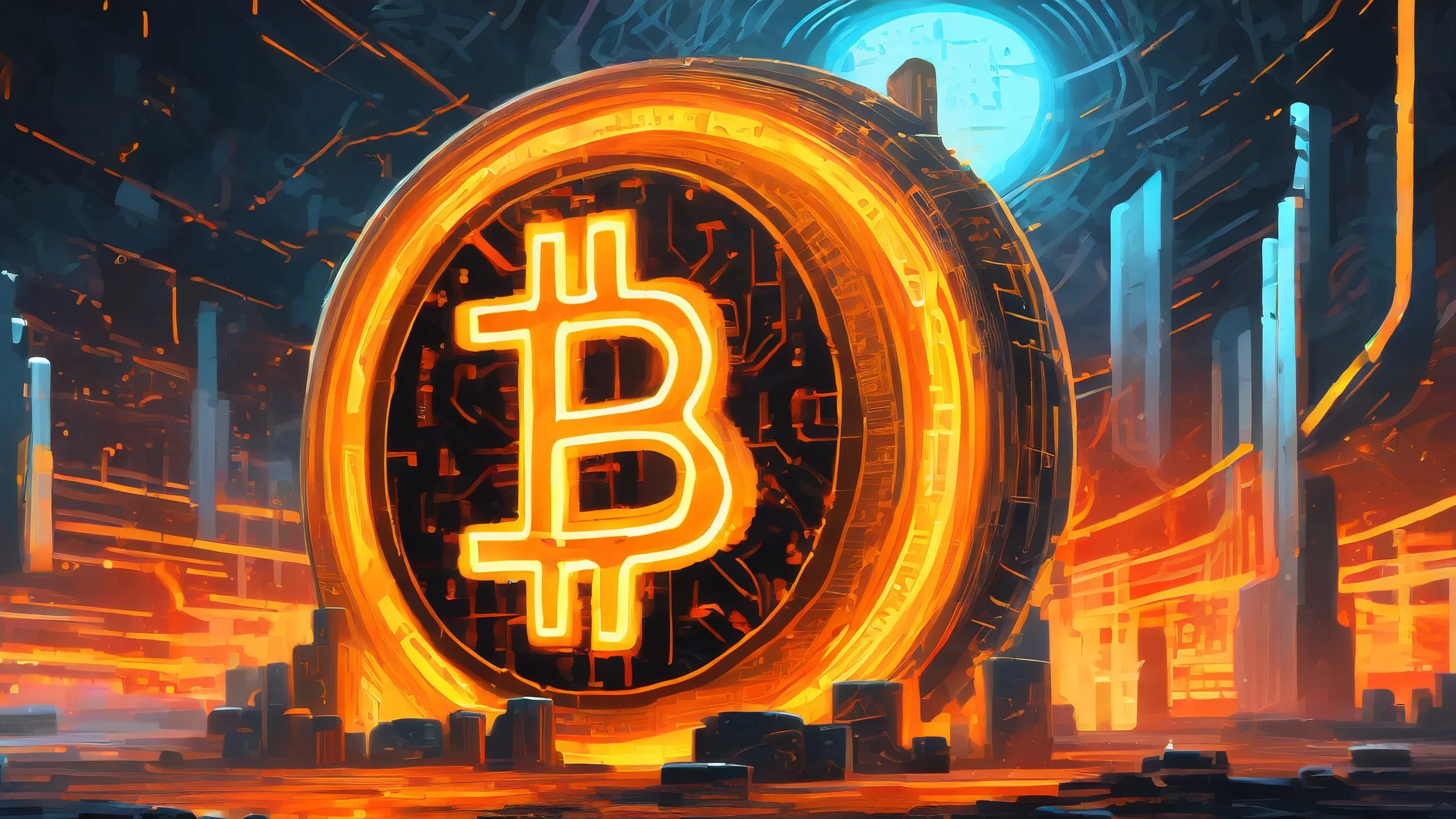A prominent Bitcoin Core developer and Ordinals critic, Luke Dashjr, may have had a change of heart about the NFT-like assets. Or at the very least, his company is moving beyond his own hardline stance around Ordinals.
On Thursday, Ocean—the company behind the mining pool of the same name—said that miners can now decide if they want to process Bitcoin blocks that contain non-financial transactions. Previously, the pool prohibited such actions.
While the announcement did not expressly name it, many Bitcoiners speculate that the “spam” Ocean referenced in its announcement refers to the wildly popular Ordinal inscriptions that have flooded the network in 2023.
Initially launched by fellow Bitcoin Core developer Casey Rodarmor in January, Ordinals inscriptions—similar to NFTs—are digital assets inscribed on a satoshi, the smallest denomination of a Bitcoin. They’ve been controversial among some Bitcoiners, even as they generated immense fees for miners.
A decentralized #Bitcoin is a Bitcoin where miners decide what goes in blocks, not pools.
OCEAN's ultimate goal is to make this a reality, and today we take one step closer to our vision of decentralized block template construction.
Available immediately, OCEAN is offering… pic.twitter.com/IWcZcDFsqh
— OCEAN (@ocean_mining) December 21, 2023
“A decentralized Bitcoin is a Bitcoin where miners decide what goes in blocks, not pools,” Ocean said on Twitter. “Ocean's ultimate goal is to make this a reality, and today, we take one step closer to our vision of decentralized block template construction.”
Ocean, which recently raised a $6.2 million seed round led by Twitter and Block co-founder Jack Dorsey, says it will offer multiple block template policies to give miners control over the blocks they mine.
With the update, Ocean says, miners can choose from three block template policy options: Ocean Recommended, focusing on what the company calls “real” financial transactions with minimal spam; Bitcoin Core with the “Ordisrespector” spam filter; and the unmodified Bitcoin Core, mirroring other pools with fewer financial transactions but more “spam”—meaning Ordinals and BRC-20 token transactions.
Merry Christmas
— Luke Dashjr (@LukeDashjr) December 21, 2023
“Merry Christmas,” Dashjr said on Twitter, responding to a tweet that quoted Ordinals supporter (and Taproot Wizards co-founder) Udi Wertheimer about the update.
As some Ordinals enthusiasts took a victory lap, others saw his comment as less of a capitulation and more of an underhanded dig.
“It’s odd for Ocean to claim that blocks with Ordinal-transactions included have the 'fewest' financial transactions," The Mining Pod podcast host Will Foxley told Decrypt. "A cursory glance at a block explorer over the last year would show blocks with inscriptions typically have the most fees, and therefore would have the most financial transactions."
“It’s so petty,” pseudonymous NFT historian and Ordinals collector Leonidas tweeted.
"This is Luke Dashjr’s way of bending the knee to Ordinals while still saving face," Leonidas further told Decrypt. "With Ordinals accounting for 55% of Bitcoin transactions in the past 7 days and prominent members of the Bitcoin community like Adam Back throwing their support behind Ordinals, we gave Ocean no choice but to capitulate and start mining JPEGs."
"This is likely the closest we will ever get to having Luke wave the white flag in his campaign to censor Ordinals transactions," he continued. "JPEGs on Bitcoin are here to stay and the entire Ordinals ecosystem is celebrating right now."
A longtime Bitcoin Core developer and outspoken opponent of Ordinals, Dashjr has labeled inscriptions “spam” on the Bitcoin blockchain and previously suggested that Bitcoin developers implement “spam filtering” to block Ordinals transactions.
"Decentralized mining is necessary for Bitcoin's long-term health and can only be maintained if miners do the intelligent parts of mining,” Dashjr said. “This involves running nodes, constructing block templates, and independently deciding which transactions make it into the blockchain.
Ocean Mining has not yet responded to Decrypt’s request for comment.
While detractors complain about Ordinal inscriptions clogging the network, more than 50 million inscriptions have been made since January, including inscriptions tied to BRC-20, a standard for fungible tokens minted on the Bitcoin blockchain. BRC-20 has led to a proliferation of meme coins created atop Bitcoin.
“First they ignore you, then they laugh at you, then they fight you, then you win,” Wertheimer tweeted, echoing the famous quote that has been attributed to Mahatma Gandhi and other historical figures.
Edited by Andrew Hayward

